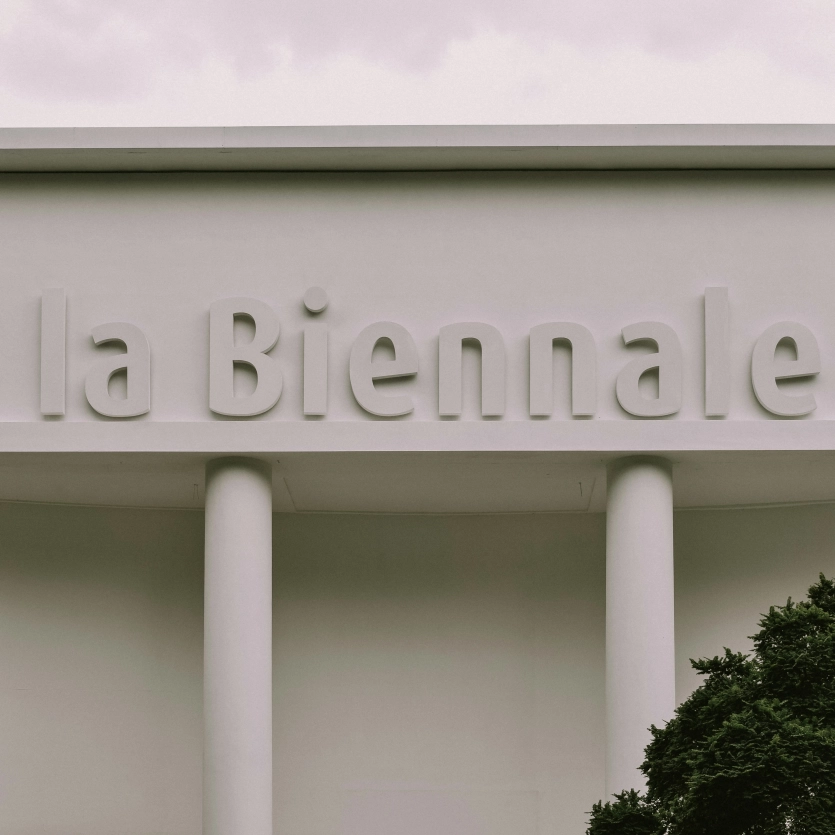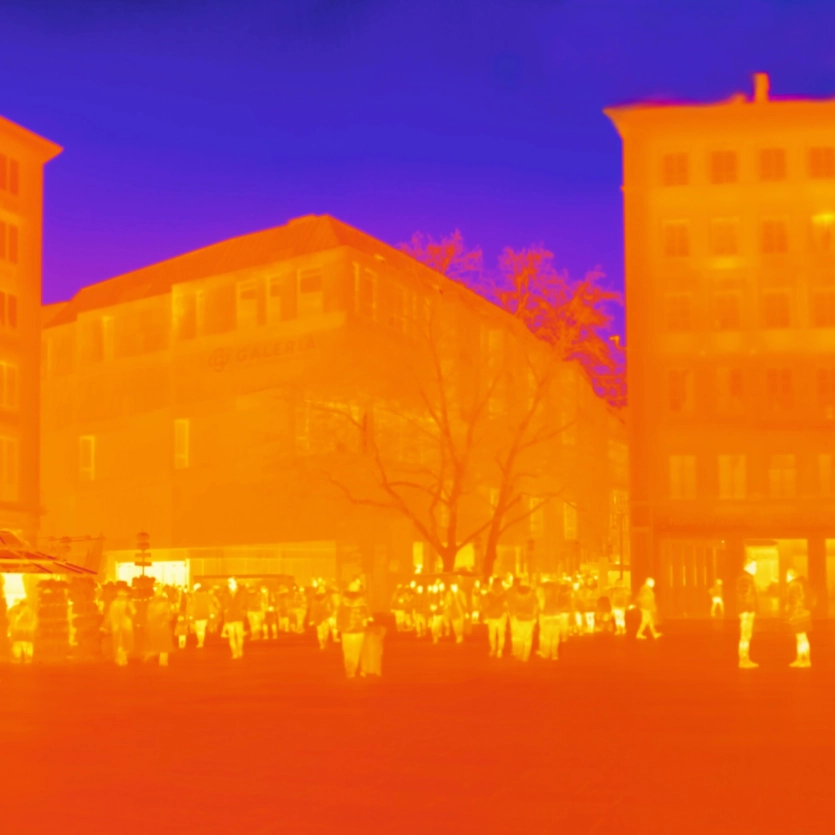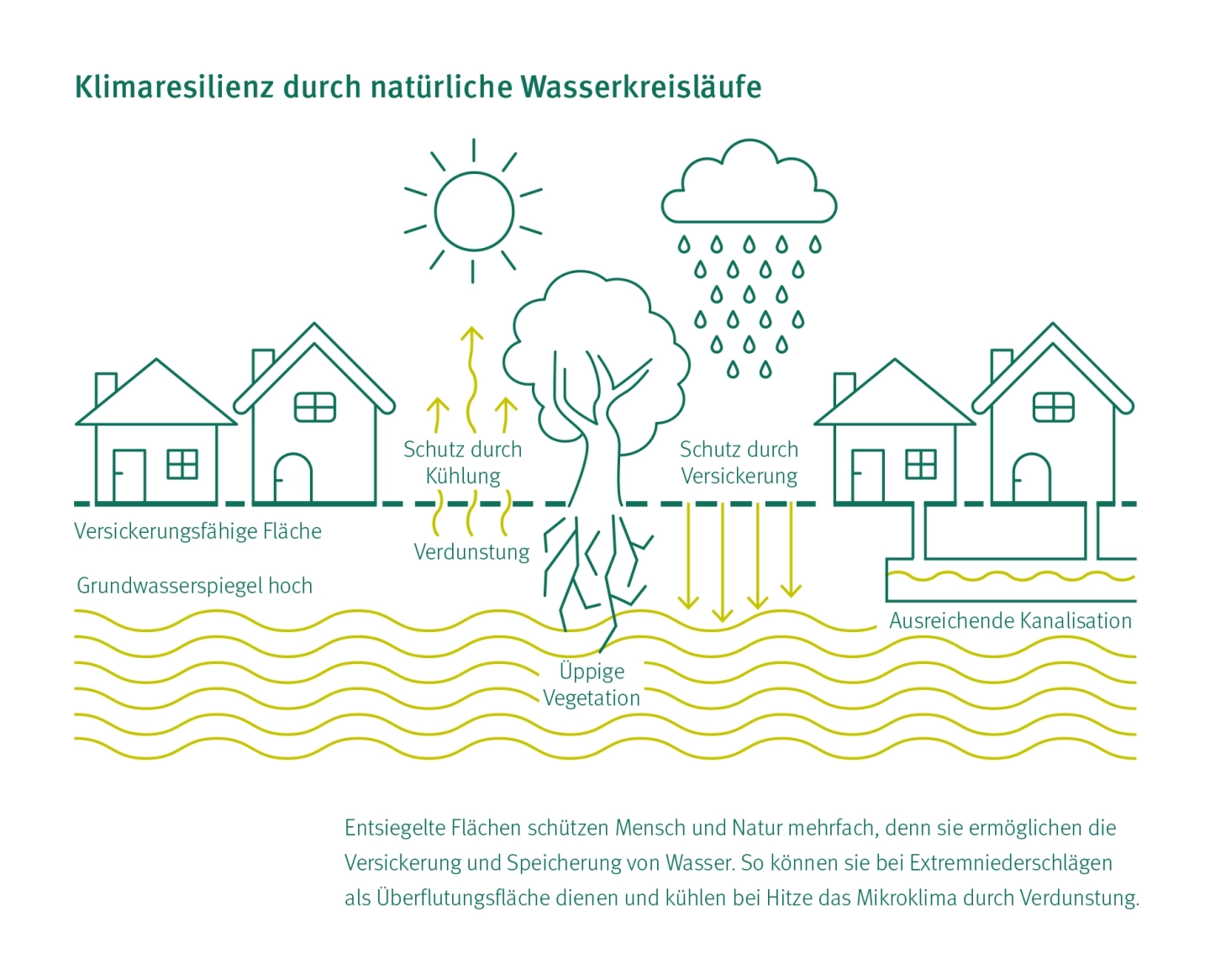


Carlo Ratti, the curator of the Biennale 2025, has chosen "Intelligens: Natural, Artificial, Collective" as the theme for the 19th architecture exhibition. His thesis: the built environment is one of the main causes of global CO₂ emissions, but also a key lever for sustainable change. The combination of natural, artificial and collective knowledge systems is crucial here. This is precisely where the German Pavilion STRESSTEST comes in and shows how interdisciplinary collaboration can lead to real solutions.
Under the title STRESSTEST the team of curators, Nicola Borgmann, Elisabeth Endres, Gabriele G. Kiefer and Daniele Santucci, are staging a powerful examination of the consequences of the climate crisis. Visitors experience first-hand what heat stress feels like in an urban environment - and why our
built environment urgently needs to be rethought. The exhibition concept makes the effects of climate change immediately tangible - and at the same time shows solutions: How do we protect ourselves from heat? How do we design climate-adapted cities that are also aesthetically pleasing?
We are delighted that GODELMANN are part of this article. Because it's clear to us:
If you build today, you have to think about the future. And that starts right here!

The exhibition concept divides the German Pavilion into two contrasting areas: STRESS and DESTRESS. In the STRESS rooms, visitors experience the unbearable reality of extreme heat at close quarters. In contrast to this are the DESTRESS rooms. Here, the curators present counter-designs to heat-stressed cities: green infrastructures, intelligent cooling technologies, climate-friendly architecture and innovative solutions.
The GDM.KLIMASTEIN is an infiltration-capable paving block with so-called proActive functions. It consists of a catalyst layer, which reduces air pollutants, a storage layer, which retains water, and a capillary layer, which conducts water from the superstructure into the storage layer.
